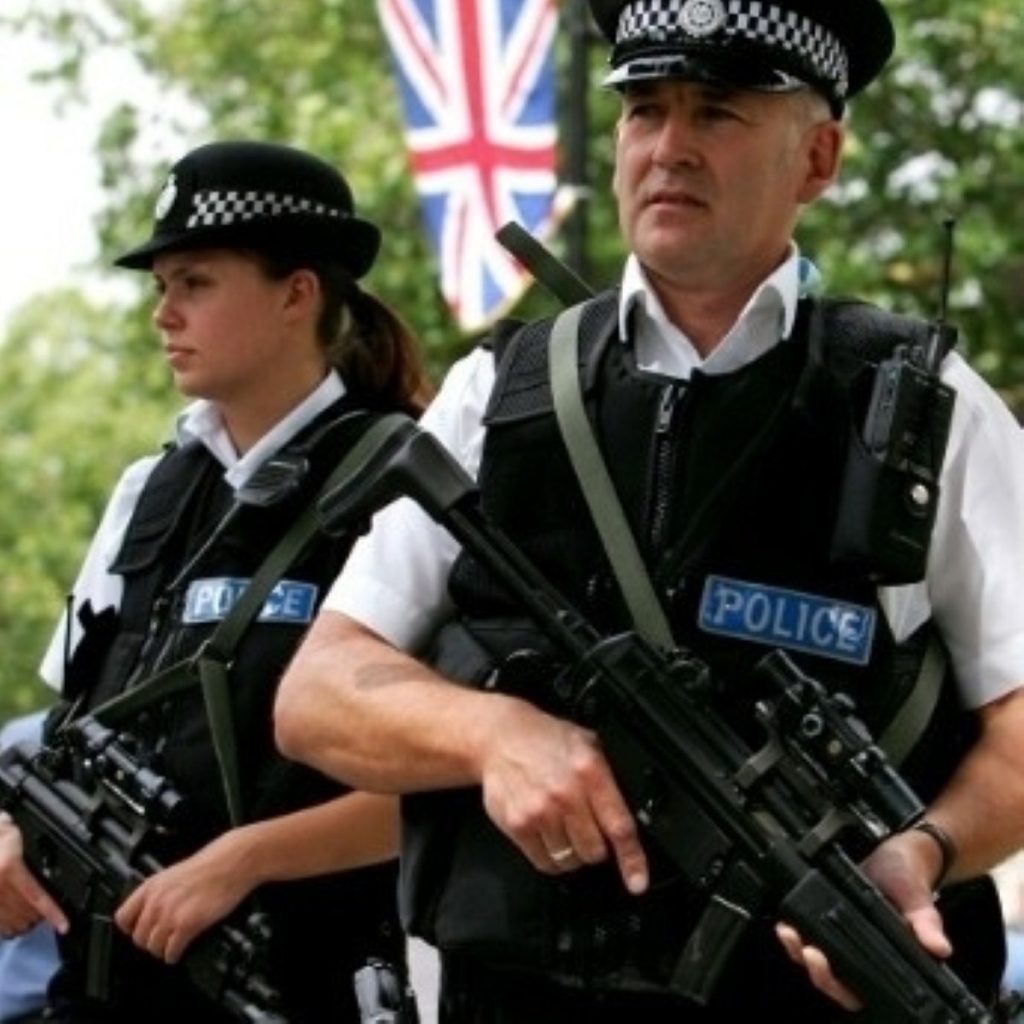‘Inertia’ crippling UK counter-terrorism strategy
By Ian Dunt
Britain’s preparation for major terrorist threats is being crippled by “institutional inertia”, an influential committee of MPs said today.
In a report on the government’s response to terror attacks, the home affairs committee expressed concern about government department’s ability to adapt to an ever-changing threat.
A lack of political will has hindered the institution of valuable reforms, MPs found, including regional policing counter-terrorism units.


Meanwhile, a “degree of institutional inertia has set in” to counter-terror operations in the UK and those involved in counter-terrorism “may be willing to settle for existing sub-optimal solutions”, rather than proactively reforming to meet the new and varied threats posed by terrorism.
“Too often in this inquiry we saw suggestions for reforms to the counter-terrorism structure rebuffed because ‘it works well at the moment’, or ‘the benefits are not yet proven’,” said committee chairman Keith Vaz.
“We are very concerned that a degree of inertia has set in to the government’s counter-terrorism planning and operations.”
The committee also called for the merger of the various counter-terrorism committees to form a single ‘national security committee’ chaired by the home secretary or prime minister and assisted by a “Condoleezza Rice-style” national security advisor.
Proposals for an American-style department of homeland security were thoroughly rejected by the committee, with MPs suggesting the reform could cause major problems and fail to significantly simplify policing structures.
Instead, the primacy of the Metropolitan police in counter-terrorism operations should be enshrined in statute to increase accountability and simplify the command structures, the report found.
The committee used the publication of the report to reiterate its criticism of the control order scheme, which was renewed in parliament yesterday by Alan Johnson.
The scheme, which has been badly damaged by legal judgements, “no longer provides an effective response” and should be scrapped, MPs found.
Instead, intercept evidence should be used in court, the report found.
The demand for intercept evidence to be used in court has proved a popular and permanent demand from civil liberties advocates, who believe it offers an easy way out of the problems the government cites with the release of sensitive intelligence.
The government has consistently refused to allow the change, however, a move the committee branded “ridiculous” today.












